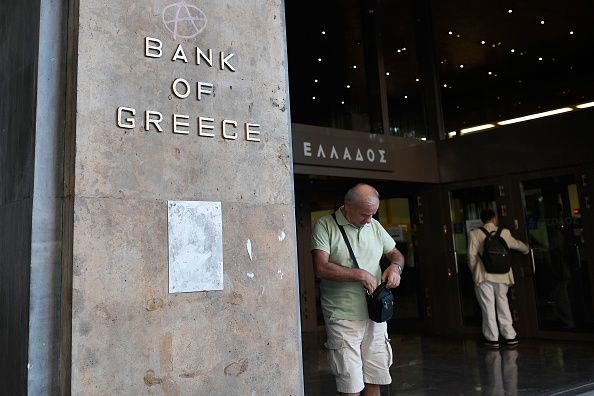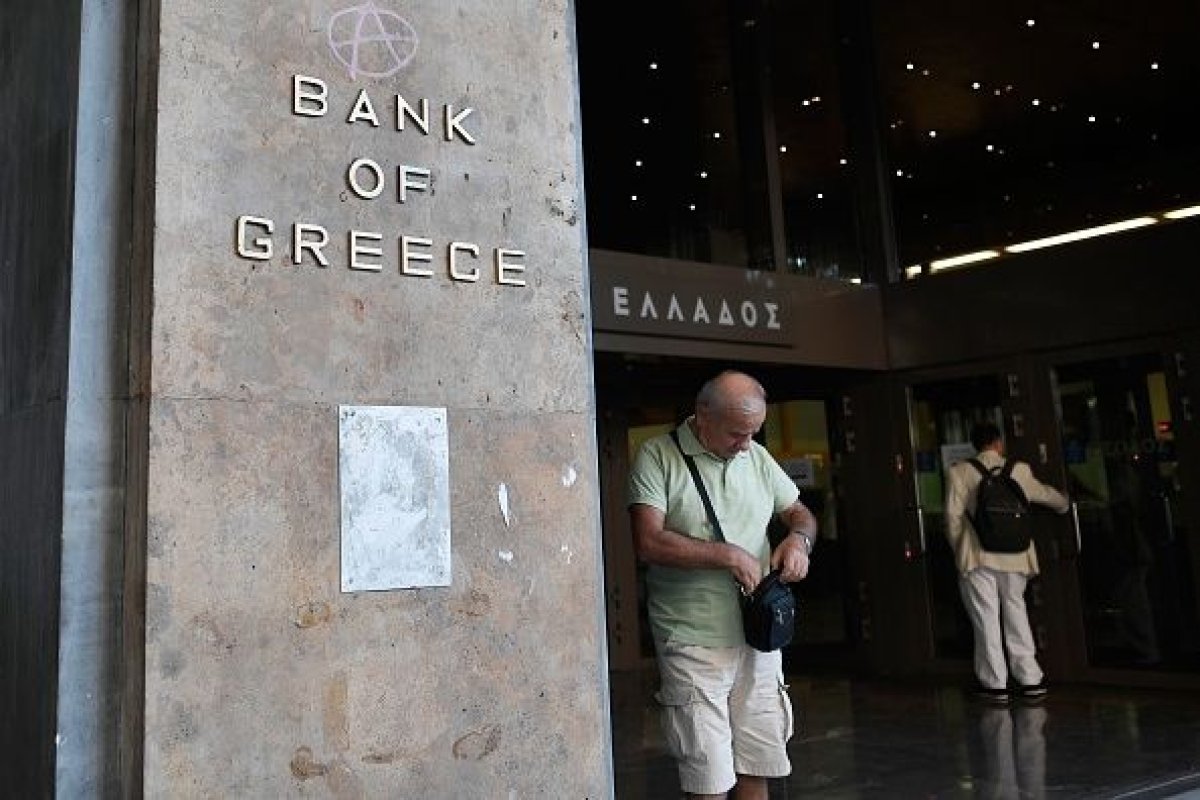
After years of tense negotiations with the European Union and the biggest bailout in the history of global finance, Greece has completed an emergency loan program worth around $79 billion, leading many across Europe to declare that the country is financially back on track.
The emergency loan from the European Stability Mechanism was just one part of a bailout of about $369 billion that will take Greece until around 2060 to pay off. Nevertheless, the successful completion of the emergency program was cause for celebration in the eurozone, as it will allow Greece to borrow at market rates again.
"We have had eight very difficult years, often very painful years, where we have had three successive programs. But now Greece can finally turn the page in a crisis that has lasted too long. The worst is over," Pierre Moscovici, the European commissioner for economic and financial affairs, told reporters Monday.

"You did it! Congratulations to Greece and its people on ending the programme of financial assistance. With huge efforts and European solidarity you seized the day," Donald Tusk, president of the European Council, tweeted on Monday.
The EU will continue to monitor Greece's budgets to ensure they're in line with targets for growth, but the country will no longer be entirely under the thumb of the troika, the name given to the three entities that came to Greece's rescue: the European Union, European Central Bank and International Monetary Fund.
You did it! Congratulations to Greece and its people on ending the programme of financial assistance. With huge efforts and European solidarity you seized the day.
— Charles Michel (@eucopresident) August 20, 2018
Still, unemployment in Greece hovers around 19.5 percent overall, youth unemployment is almost 44 percent, and strict austerity measures and cuts to government spending have taken a toll on local populations. In comparison, the average unemployment rate in the eurozone is around 8.3 percent. The country's government debt is still around 177 percent of its gross domestic product.
What's more, Greece agreed to run a large budget surplus of about 3.5 percent until 2022, a fact that will force the country to continue to curb government spending in the short term. Some economists say it is likely Athens will need more debt relief in forthcoming years.
"There are significant challenges that remain because of the problems like the debt overhang, which will continue to require them to post big annual surpluses. But it's a meaningful development and a marker that it's made strides towards recovery," Bart Oosterveld, an expert on European politics and economics at the Atlantic Council, told Newsweek. "I think in 2032 there will be an appointment to make the debt more affordable or give it a haircut. I think they'll need more debt relief, maybe an outright haircut."
The International Monetary Fund has criticized the EU decision to mandate a budget surplus, saying it prevents the government from cutting taxes and consequently stunts economic growth. Creditors in the eurozone, however, argue that the surplus will help build confidence among investors.
Economists, meanwhile, widely agree it will take years for Greece to return to the level of economic well-being that existed before the crisis. Many Greeks have emigrated abroad in search of employment, causing the population to shrink by about 3 percent, and domestic demand has slumped considerably.
Despite Greece's emergence from the economic relief, Yanis Varoufakis, a left-wing economist and the former finance minister who resigned after facing off with European officials over the Greek bailout, called Monday for the country to ditch the euro and return to its earlier currency, the drachma.
Uncommon Knowledge
Newsweek is committed to challenging conventional wisdom and finding connections in the search for common ground.
Newsweek is committed to challenging conventional wisdom and finding connections in the search for common ground.
About the writer
Cristina Maza is an award-winning journalist who has reported from countries such as Cambodia, Kyrgyzstan, India, Lithuania, Serbia, and Turkey. ... Read more
To read how Newsweek uses AI as a newsroom tool, Click here.








